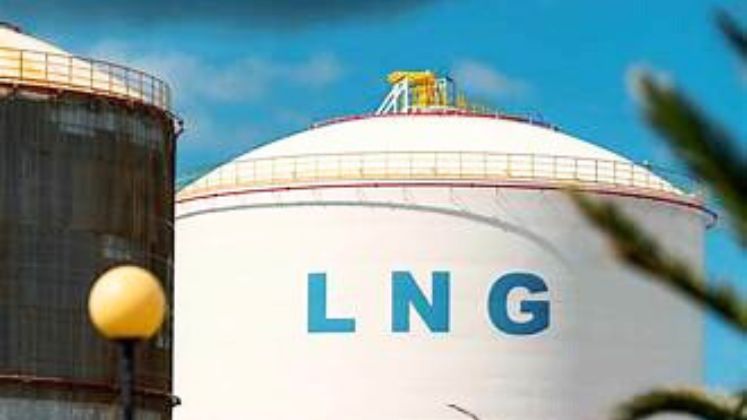
The interim government of Bangladesh plans to import LNG, which will be bought on the spot market in compliance with the Public Procurement Rules of 2008, marking a first for the nation.
The involved officials said that the advisory council on economic matters provided its assent in this regard.
The committee also authorised the import of LNG from 23 listed businesses that have Master Sale and Purchase Agreements (MSPAs) with Petrobangla, the state-owned company.
Dr. Salehuddin Ahmed, the interim government’s finance adviser, informed reporters that the interim administration had uncovered some validity to the claims of anomalies centered around the previous government’s purchase of LNG. However, investigations are ongoing and until concrete evidence is unearthed, the interim government will continue to purchase LNG from the existing enlisted companies, he said.
Md Rafiqul Islam, managing director of Rupantarita Prakritik Gas Company, one of the companies enlisted for importing LNG, said they have MSPAs with 23 global suppliers.
“Earlier, we invited them to quote their prices directly through email responses or an internal application within a very short notice. We awarded the offer that quoted the lowest price,” he said.
“Now, the process will take place under public procurement rules. However, this will take more time than the previous method for importing LNG,” he added.
It will take around seven to 14 days to get the quoted prices after a tender notification is made public under the public procurement rules, explained Islam.
Although the new procedure was a drawn-out process, another concerned official thinks it would be more transparent than the old one.
At present, there are two floating storage and regasification units, which regasify imported LNG, with a combined annual capacity of 7.6 million tonnes.
Bangladesh started importing LNG in 2018 under two long-term contracts with Qatargas and OQ Trading, two companies of Qatar and Oman respectively.
The country then started purchasing LNG from the international spot market in 2020 to meet increasing local demand.
Under long-term contracts, around 3 to 4 million tonnes of LNG are supplied each year, while the rest 4 to 5 million tonnes come from the spot market.






